What goes through your head at the moment your camera goes to your eye to take a photo? Probably much more than what you are aware of at that moment, but at least it is the wish and the desire to capture that one moment in the best way possible! And that often happens without being really aware of it. Because how often does it happen that your camera says click and you are already running away again. That is, of course, a shame. If you take that picture anyway, do it with your full consciousness. If you teach yourself to ask a number of basic questions, then in the same time frame you will actually take better pictures. The moment your hand brings up your camera to your eye, but before really making the photo, you could ask yourself number of questions. Why? This can really help you to take better pictures, and you'll be much more aware of what you are doing.
Be sure to click on the image to view full screen!
What story do I want to tell?
Every photo tells a story. And I am therefore absolutely not the first to ask this question to myself. What is the story? What story do I actually want to tell? As the photographer I have to know the story I want to tell with my photo. If I don't know the story behind the photo myself, how would I ever be able to take a photo that tells you the story?
If you rediscover this question, you will discover that you are asking yourself why do I actually take this photo? What purpose does this shot have? Do I want to capture a moment and no longer dwell on it or do I want to tell a bigger story?
The question: "Which story do I want to tell" is therefore the beginning of a whole series of questions.
Be sure to click on the image to view full screen!
What is the focus point?
What I want to show I will have to focus. Where should the eye of the receiver be led to? This question comes up with composition rules such as the third line because what you focus on and how you bring this subject into the picture contributes to the story.
Are there any other interesting points to focus on?
It will not always be one subject you want to focus on. Just look at the automatic focus of your camera if you want to capture a cityscape. Then there are several areas accentuated that are sharply set. You can also think of this yourself, where do you want to inflict the eye even more? Which parts in the frame contribute to the photo and which parts do you actually don't want on your photo.
Be sure to click on the image to view full screen!
What comes to the fore and what in the background?
Another simple question, which in practice is not that simple ... One of the most common distracting elements is that there is too much on a picture. Yes it is nice to have everything on it but it can also be very distracting. Because what do you all have to look at in a photo? Try to think first of what you want to emphasize and what not. What you want to emphasize puts you more forward and what not to the back.
Am I close enough?
Another question that many people think to answer correctly before they take the picture. But where they come to the conclusion afterwards that they were actually too far away. Imagine you want to take a photo of your children in a nice landscape, then you want to have both your children and the landscape in the picture? But you do not want your children to be like small dots in a photo so you have to zoom in afterwards. Go a bit closer and make sure that your children fill the image for a large part and place them in the picture so that you can also capture the landscape. For example, use the third line rule.
Be sure to click on the image to view full screen!
What is the light source?
Always consider how your subject is highlighted. Without light you will lose the details and sharpness in your photo. If you are not shooting in Manual Mode your camera will try to compensate this loss by increasing the ISO and shutter speed, but that does not always produce the desired result. Read grainy image and motion blur. Ask yourself, then, where does the light come from and is it enough light for this picture? Do I need extra light such as a flash? And should I use a tripod to prevent camera shake?
How is the horizon in the picture?
Well, I believe this question is not easy to admit but everyone makes this mistake. You think the horizon is really horizontal in your photo, but afterwards you come to the conclusion that you still have to do 0.5 degrees correction in Lightroom ... You can do two things, first of all you accept that you just can not photograph horizontally and let Lightroom implement a correction. Or you take the time and set up your composition well by means of a few handy tools in your camera or with an accessory such as a level on the horseshoe attachment. Many new cameras have a built-in spirit level as an aid that you can see through liveview (or with a digital viewer). A tripod can also be helpful here.
Be sure to click on the image to view full screen!
How can I approach this subject differently?
If you take 5 amateur photographers (in this case photographers who only take holiday photos) for one and the same subject, they will all record the subject in the same way. Fine but not very inspiring. Try a different angle, you can choose from so many different angles that you can take 1000 different photos from one subject. Then also investigate the appearance that appeals to you in this.
Landscape or portrait?
What will the photo look like if you grab the camera differently? Which result is better according to your own insight? Everyone has a preference whether this is horizontal or vertical. It is good to remember that there are other options than what you prefer.
How are you led?
I know it can sound sluggish but it really is an important question. How is the eye guided. With this you ask yourself how your eye passes over an image. What do you see first and what comes next. Be aware of this, especially if you apply "active" lines in a photo. With lines you show very clearly how you want to look at a photo. You can make use of this ...
Be sure to click on the image to view full screen!
I try to stay as aware as possible of these questions. It really helps me to take better pictures. And I notice immediately when I have not asked myself these questions. When I just click some photos without really being aware of them, there is a clear difference in quality.
If you now think that it is all very difficult, and that it all takes too long. Then I can reassure you, that is not so ... once you have taught yourself to be aware of what you want to tell with your photo and how you want to tell it ... then it takes no longer to think of that. time than you need to make your composition conscious.
I wonder if that is the case for you. And are there perhaps people who ask themselves different questions before they take a picture? Please let me know!
Blog originally written by myself for steemit / hive
Link to original blogpost
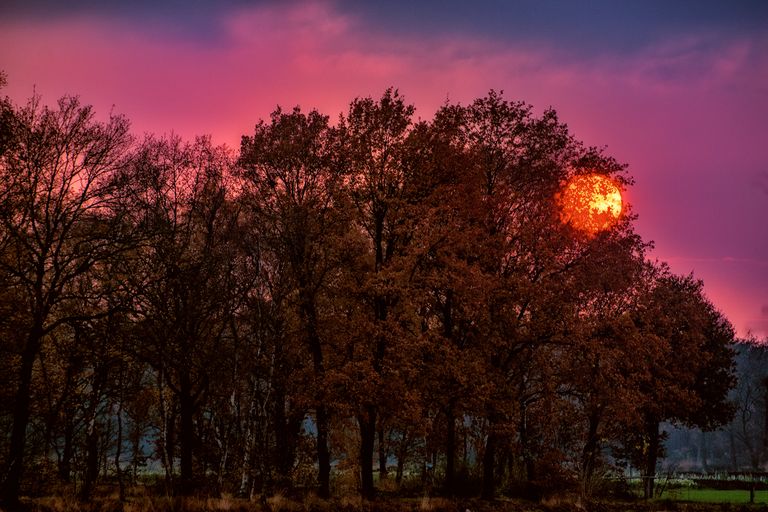
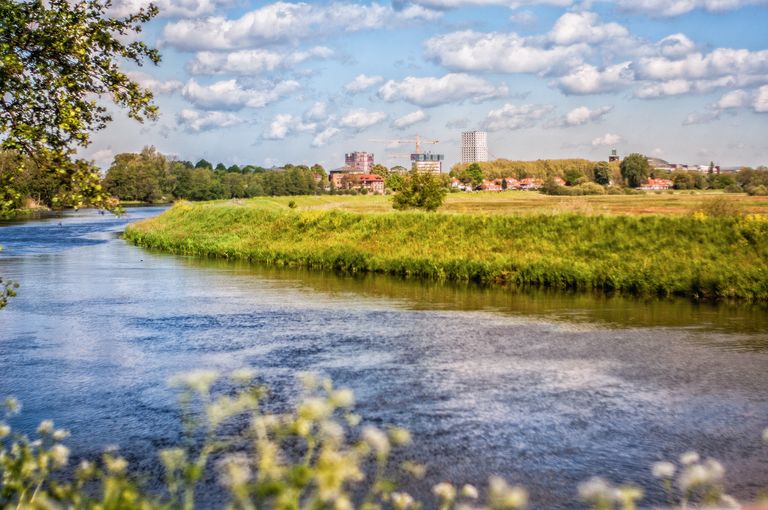
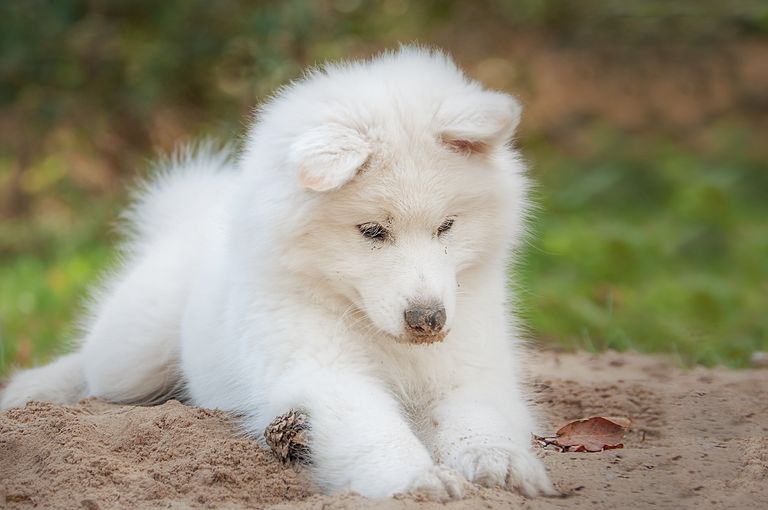

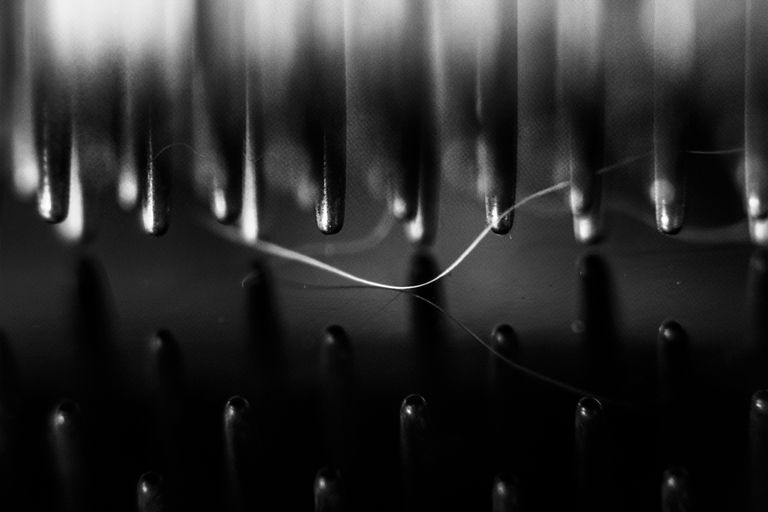
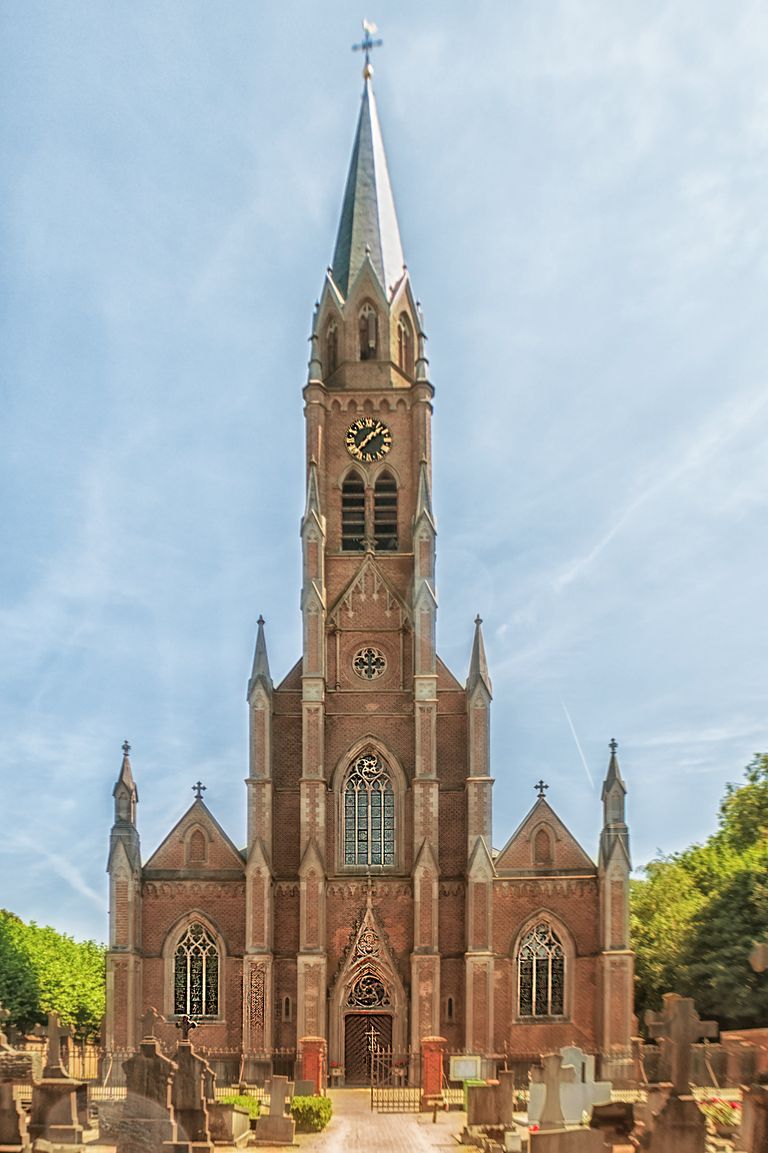
Noice Puppy Pic
🤗🤗🤗
Thanks ... Yeah, I knew a puppy would melt your heart again.
Ook de (eerste) stap naar Blurt gemaakt? 😉😁
Lol daar ziet het wel naar uit ...